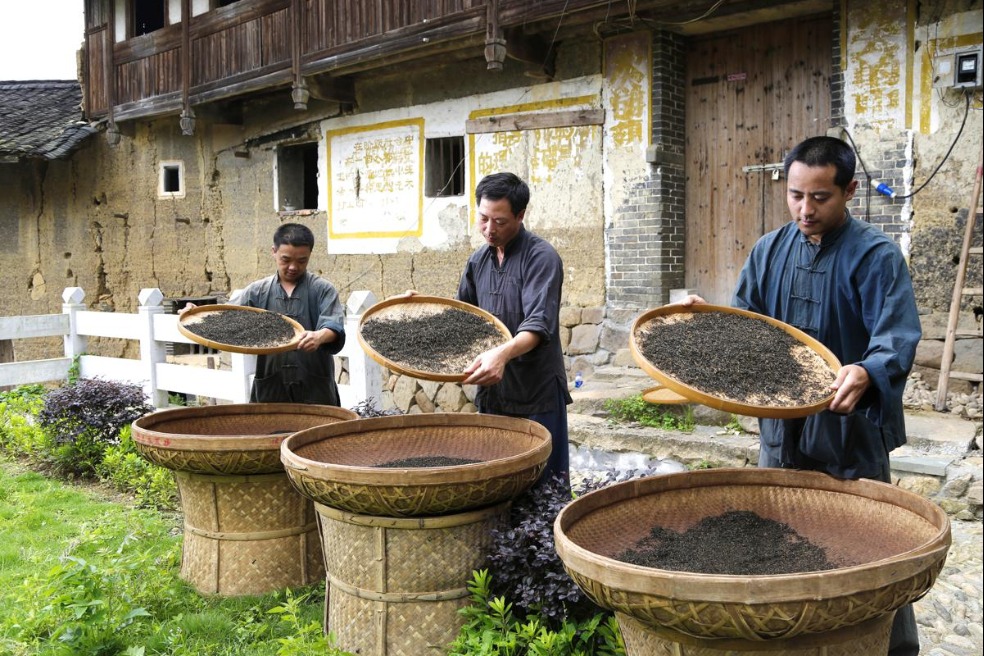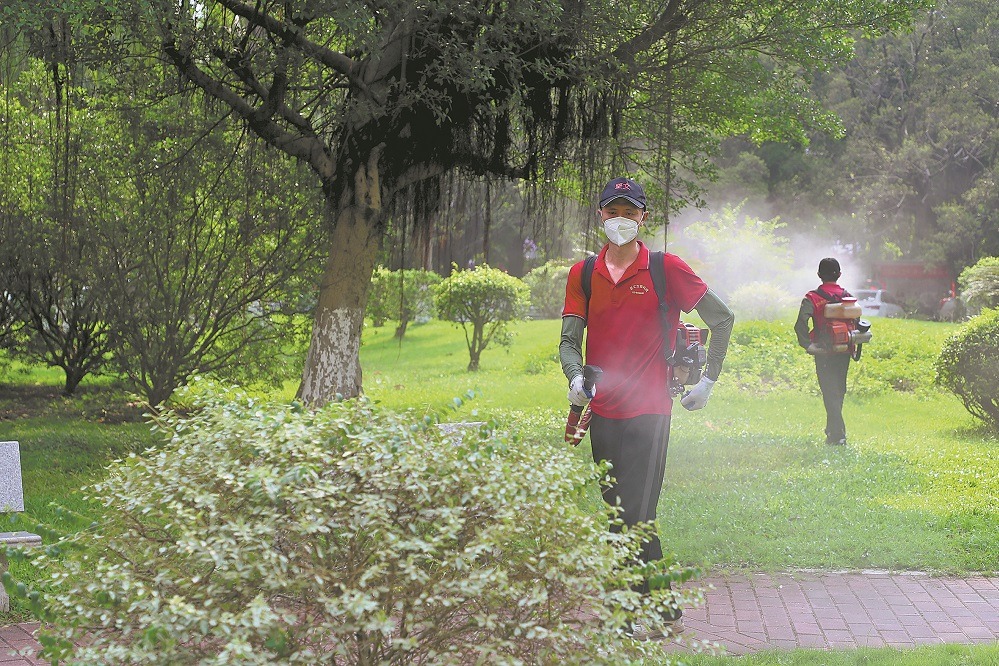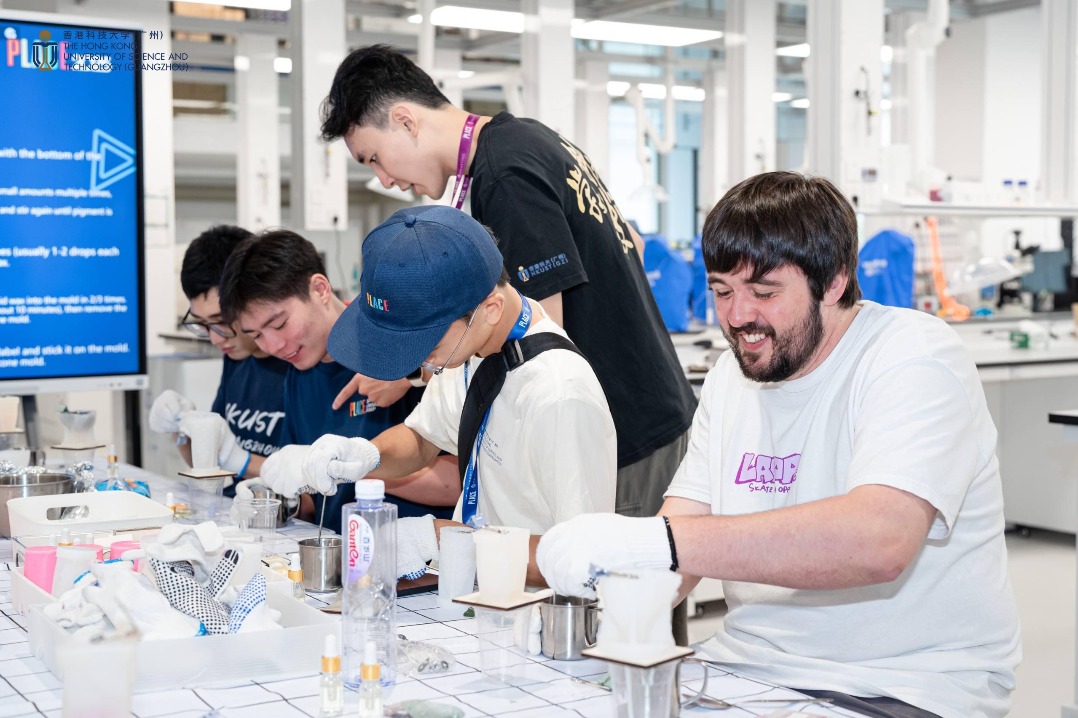Chinese scientists find nanomaterial could reduce lead levels in rice

BEIJING -- Chinese scientists have discovered a nanomaterial that reduces the lead levels in rice, potentially helping improve the quality of rice, and ensuring food safety.
Lead in soil can be absorbed by rice roots, seriously affecting rice quality and food safety. This calls for research on how to reduce the migration of lead from soil to rice, to minimize its threat to human health.
Nano-hydroxyapatite (nHAP) is a nanomaterial that has been used in the restoration of lead-contaminated water and soil. Researchers from the Institute of Solid State Physics under the Chinese Academy of Sciences used hydroponic experiments to investigate nHAP's potential for reducing the toxicity and mobility of lead in rice.
They found that nHAP existing in root cells was beneficial for reducing lead levels and restraining the movement of lead from the roots to shoots. The research was published in the journal "Environmental Science: Nano."
The research provides a theoretical basis for environmental nanomaterials inhibiting lead. It also provides technical support for reducing the absorption and transfer of lead in rice.
- 2025 World Humanoid Robot Games open in Beijing
- Man dubbed 'flying hero' for helping firefighters extinguish blaze
- China seeks to share cancer technologies and promote global cooperation
- Hunan court upholds postgraduate student's death sentence
- Chinese scientists make a breakthrough in Chikungunya fever detection
- Shanghai to issue 30m-yuan coupons to fuel cultural consumption






































